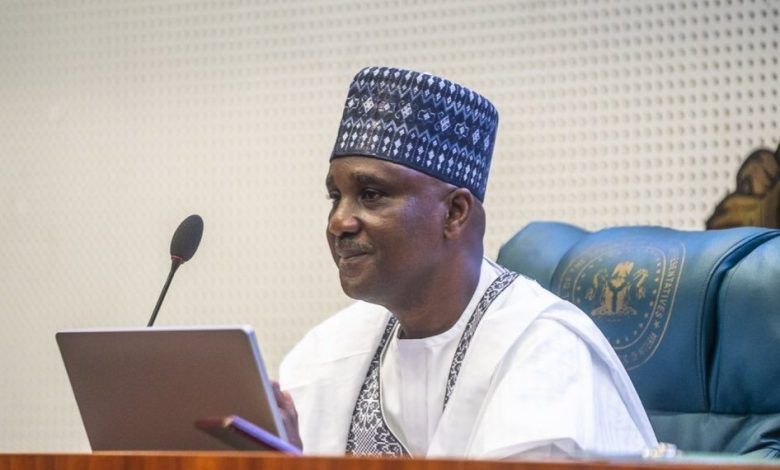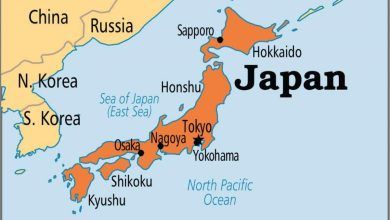
The Speaker of the House of Representatives Tajudeen Abbas has withdrawn the controversial Counter Subversion and Other Related Bills, which aim to make it illegal to refuse to sing Nigeria’s recently reinstated national song.
The speaker gave in to the intense criticism and indignation that accompanied the presentation of the controversial bill, which called for a 10-year prison sentence for anyone who refused to sing the recently reinstated national song, “Nigeria, we hail thee.”
Abbas, alongside Senate President Godswill Akpabio and other federal lawmakers, passed the National Anthem Bill 2024 into law in May at the separate chambers.
On May 29, 2024, on the one-year anniversary of the current government, President Bola Tinubu signed the National Anthem Bill 2024 reverting to the old national anthem, “Nigeria, we hail thee” from “Arise, O Compatriots”.
The decision was met with criticism from a large segment of the Nigerian populace who saw it as a misallocation of priorities rather than a solution to the nation’s socioeconomic and security problems. The anthem “Arise, O Compatriots” was to be kept, and they even outright rejected “Nigeria, we hail thee.”
However, President said the latest national anthem, ‘Nigeria, we hail thee’ “is our diversity, representing all characters and how we blend to be brothers and sisters”.
Abbas proposed the Counter Subversion and Other Related Bills in the green chamber in July to mandate the recitation of the reintroduced anthem. However, the bill reportedly failed to pass second reading and was opposed by a number of well-known voices, including activist Aisha Yesufu and former minister Oby Ezekwesili.
Following the public uproar, in a statement by his spokesman Musa Krishi, on Wednesday, withdrew the controversial draft legislation criminalising hail term and fine for those who refuse to sing the reintroduced anthem after “careful consideration of the nation’s current circumstances.
Krishi said Abbas’ decision “reflects his commitment to ensuring that the House remains truly the People’s House”.





